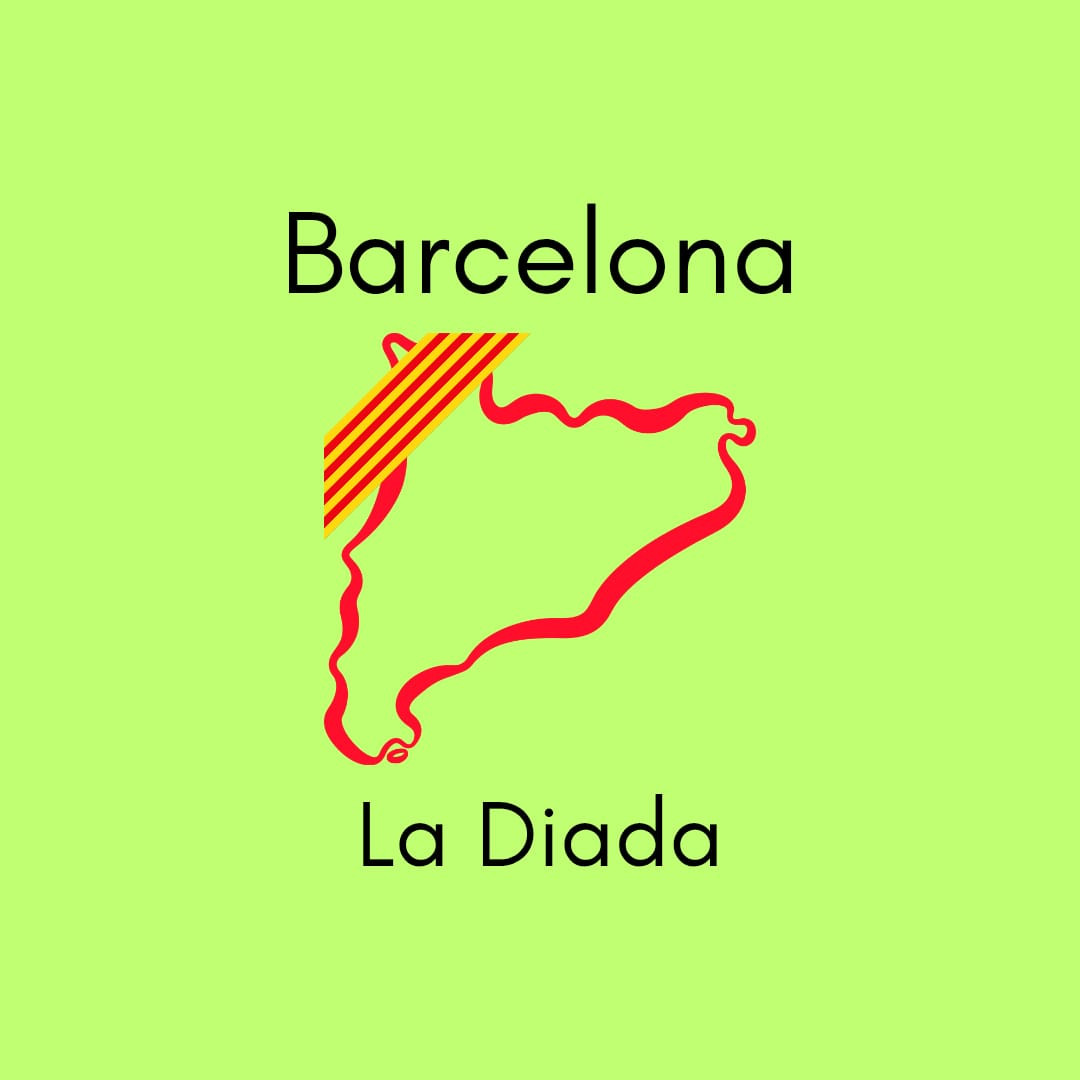How a Defeat Became a Celebration

The origin of La Diada
Its origin lies in the War of the Spanish Succession (1701–1714). The last monarch of the Habsburg dynasty, Charles II, died without descendants and named Philip of Bourbon, Duke of Anjou, grandson of King Louis XIV of France, as his heir. This decision triggered an armed conflict, as not everyone agreed with this choice and supported another candidate to the throne: Charles of Austria. Catalonia (together with other territories of the Crown of Aragon and several European countries that did not want France to accumulate all the power of the Spanish Empire) supported Archduke Charles of Austria against Philip of Bourbon.
It was a long war, lasting 13 years, and in its final year, on September 11th, 1714, after fierce resistance, the Bourbon troops conquered Barcelona. With this defeat, Catalonia lost its own institutions, such as the Corts Catalanes and the Consell de Cent, and the Nueva Planta decrees were enforced, which granted all power to the monarchy.
Therefore, La Diada recalls the loss of Catalan freedoms and institutions after a long struggle, serving as a date of remembrance, tribute, and reaffirmation of that fight.
Although it was already commemorated in the 19th century, it was not until the restoration of democracy in Spain, after the end of Franco’s dictatorship, in 1980, that the holiday was officially recognized and celebrated as we know it today.
How La Diada is celebrated
Every September 11th, numerous events are organized throughout Catalonia, such as floral offerings, institutional ceremonies, popular demonstrations and gatherings, concerts, fairs, and cultural activities, creating a festive atmosphere in the streets, especially in Barcelona.
La Diada is an opportunity for students and visitors to learn more about Catalonia’s history, language, and culture, serving as a good example of how history shapes current cultural and political life, and how national holidays can carry both commemorative and reivindicative significance

